Uncategorized
Sustainable Studio
More and more we hear of sustainability and being eco friendly or slow fashion. But what does this really mean? Reduce reuse recycle? Ending consumerism? Planting a tree? Yes possibly all of the above! Sustainability simply means , can we carrying on the way we are going, is what we are doing sustainable? If not, what can we do to change it?

So how are we sustainable in the crafty studio? Firstly let me give you a little bit of background about myself and why this topic means so much to me. I grew up in a household of make do and mend. Not just out of necessity but out of the accomplishment of fixing or making something yourself. This has always stuck with me. The four years I spent in NCAD added to this, designing and creating my own artwork on very little budget. Recycling clay was a big thing!
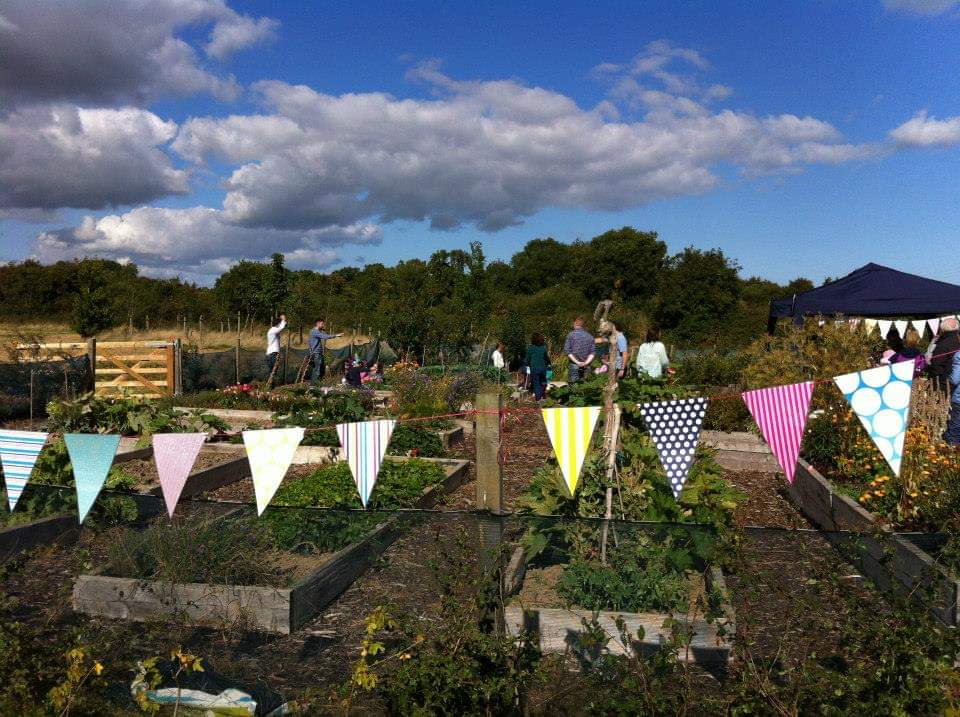
Then when I started teaching it was all about educating the future eco warriors! I became a green schools officer and did this for eight years. We were awarded four green flags in that time and some of my students went on to creating the first green colleges. I also have a passion for sustainable agriculture and community.
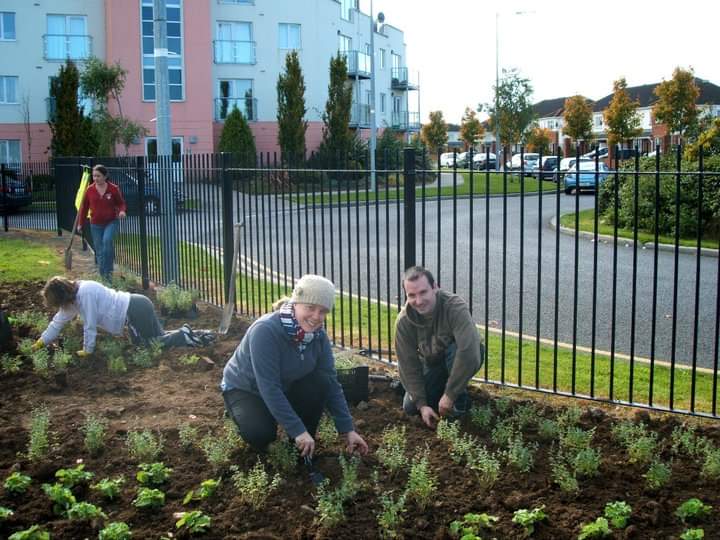
In 2010 I set up the first community garden on open public land. Broadmeadow community garden is still a thriving community enterprise bringing people together young and old and learning how to sustain themselves both through food and community.
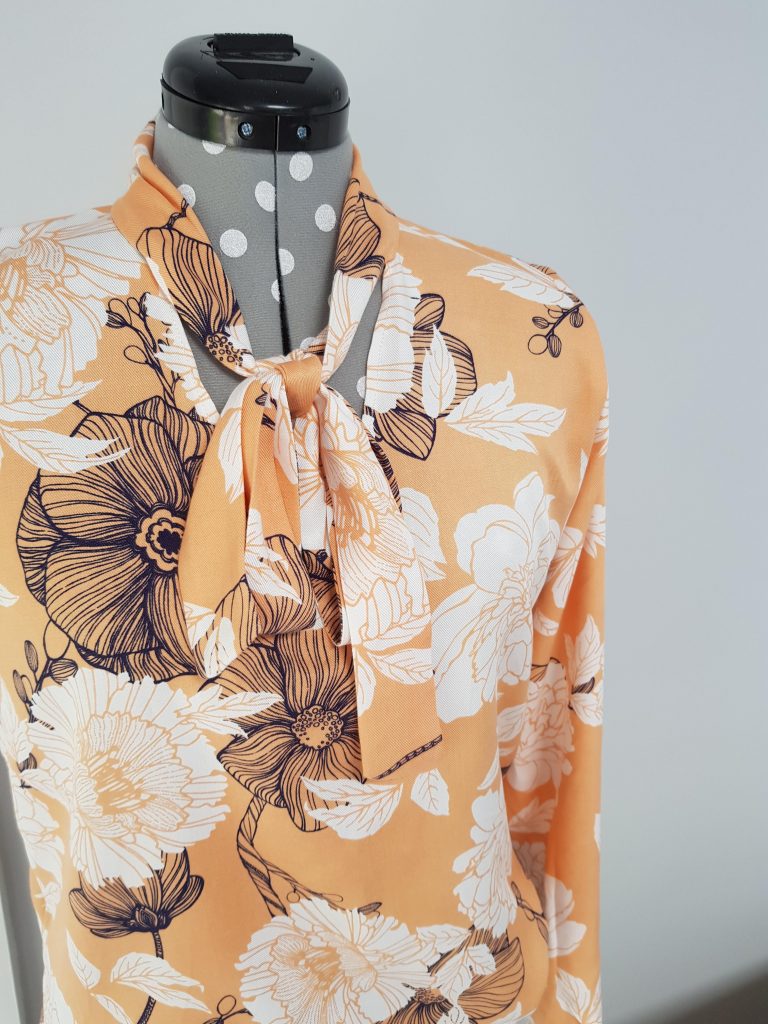
How is all this translated to a fabric shop? Surely buying more fabric, producing more is not the way forward. Well yes and no! I aim to provide fashionable dressfabrics that are sustainable by buying as much deadstock fabric as possible . Deadstocks are rolls of fabric that are left after a garment production run, fabric that was dyed the wrong colour, or surplus fabric that is unsold by the textile mills and left in storage. I also stock a large amount of Okeo Tex 100, Tencel and Organic fabrics. Oeko-Tex textiles and fabrics are certified free of harmful chemicals and are safe for human use. Tencel is a fabric regenerated from wood cellulose. It is similar in hand to rayon and bamboo, both of which are regenerated fabrics. However, Tencel is one of the most environmentally friendly regenerated fabrics, for several reasons. Tencel fibers are grown sustainably and manufactured with very little chemicals..
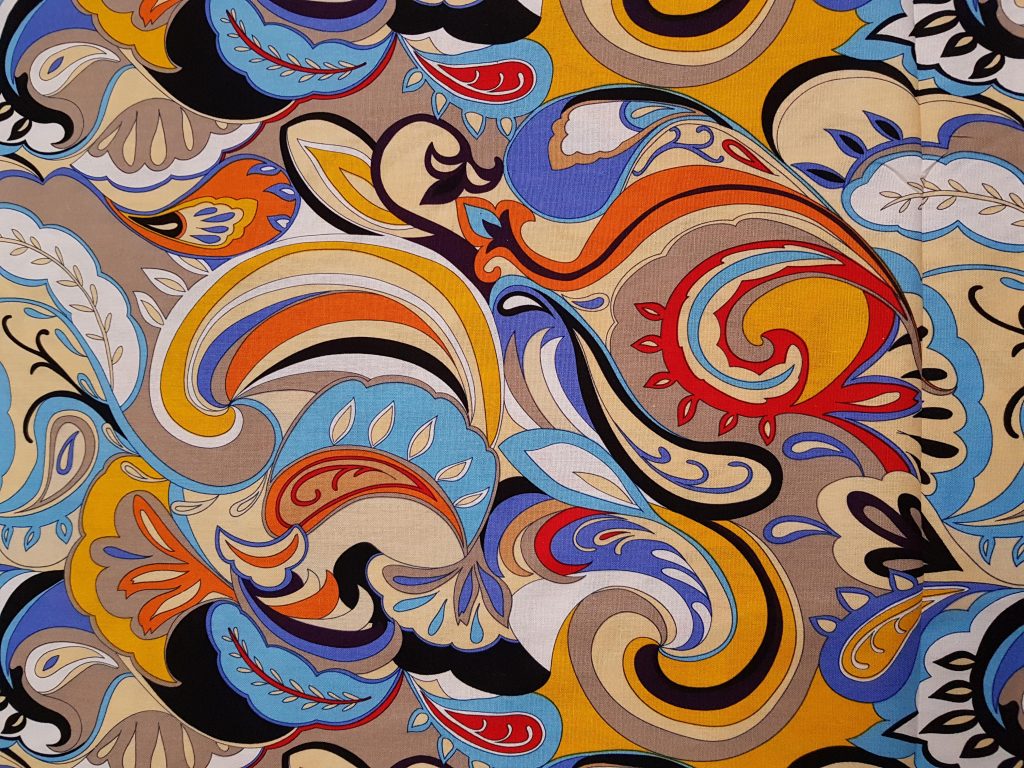
Organic certification means that textile and fabric products are grown according to strict guidelines on the use of petroleum based fertilisers, pesticides and synthetic products.
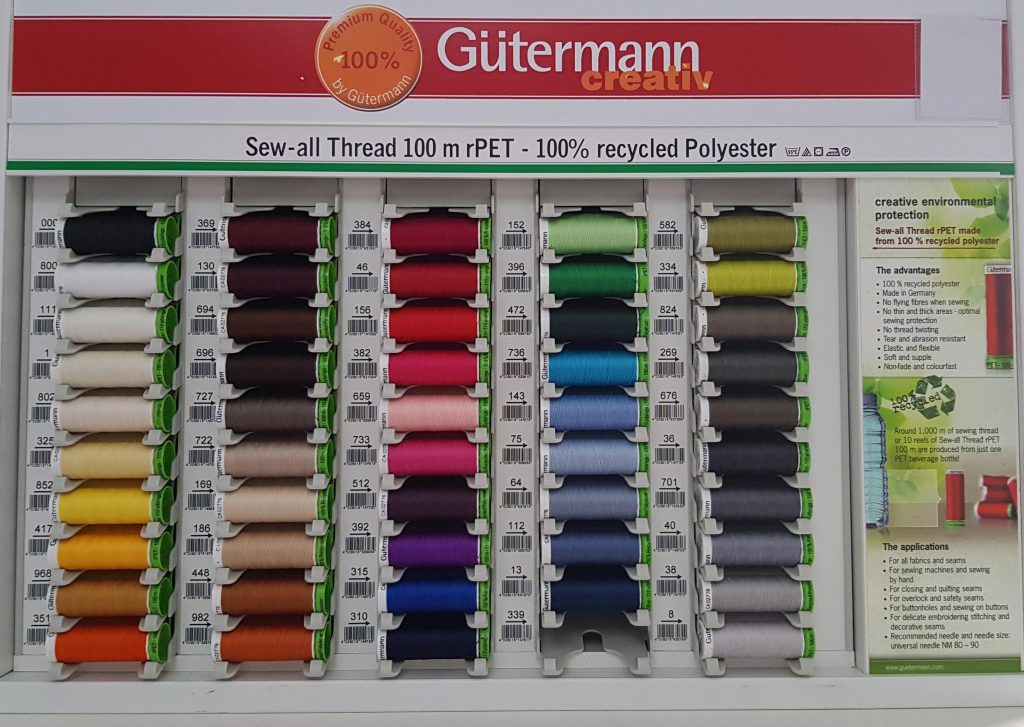
When choosing haberdashery and thread I wanted to stock either biodegrable or recycled options. As a result I discovered Guttermanns rPet threads. These have all the benefits of sew all polyester but are made from 100% recyled PET bottles. For every 1000m of thread 1 plastic drinks bottle is recycled. I also chose to stock 100% cotton thread for those who prefer a completely biodegradable option.
Even with all this careful planning to the sourcing of my stock I was not prepared for the amount of packaging and waste that would come with their delivery! Some careful thinking was needed here! Below are some of the ideas I came up with tho help keep the single use plastic and waste to a minimum.
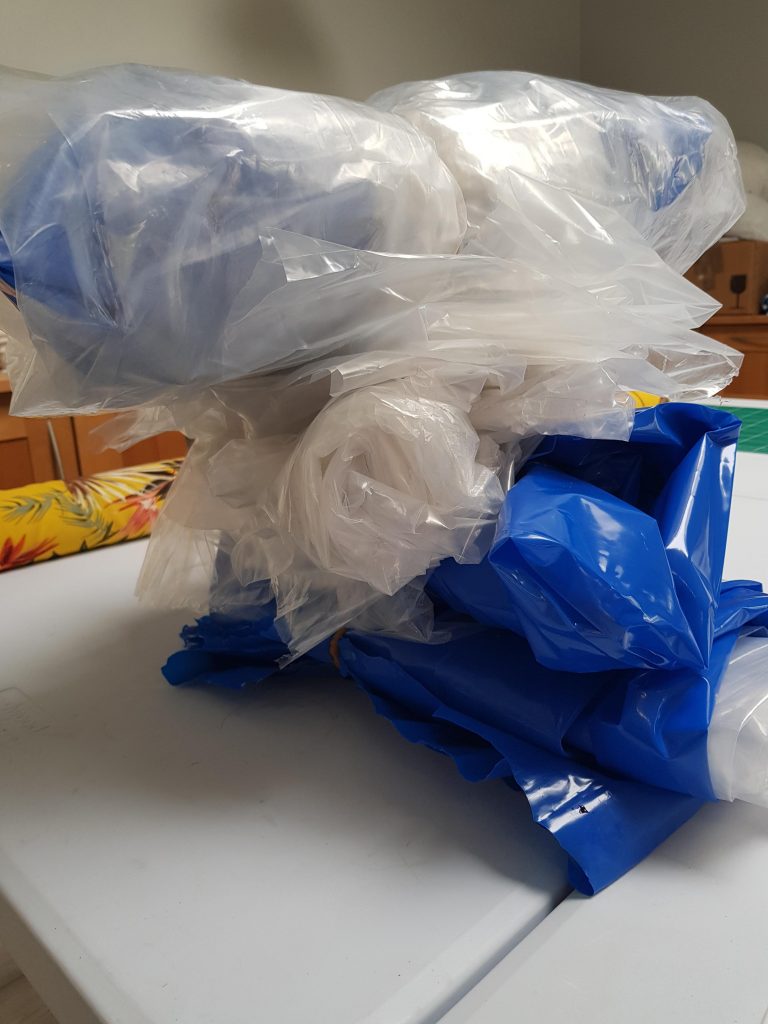
- Request fabric loose rather than on a roll, then roll onto recycled card when it arrives at the studio.
- Save plastic packaging to be reused on larger orders.
- Wrap fabric in pattern paper rather than tissue. Bonus for customer and cuts out single use packaging.
- Offer rotary blade and thread spool recycling recycling. Im still working on the thread spool recycling but you can send your rotary blades to me and I will recycle them.
- Use of card boxes or biodegradable postal packaging.
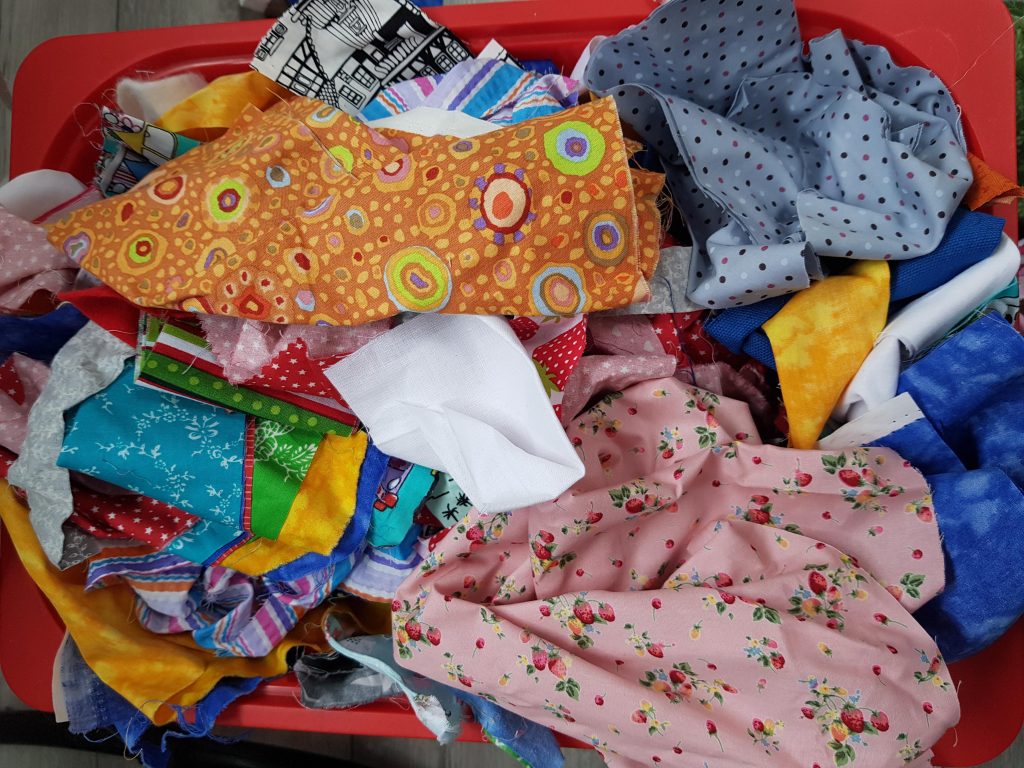
- Switch to paper tape and sticker. (once current supply runs out)
- switch to sustainably sourced energy for heating the studio.
- Paperless receipts.
- Compost all unwanted card (bonus to my veg plot!)
- Making scrap bags to sell.
- Paperless gift cards
Thats all Ive done in the studio so far and it may seem like a lot but its a way of living for me and always has been. I hope to continue on with my sustainable ethos, adding to it as my business grows.
